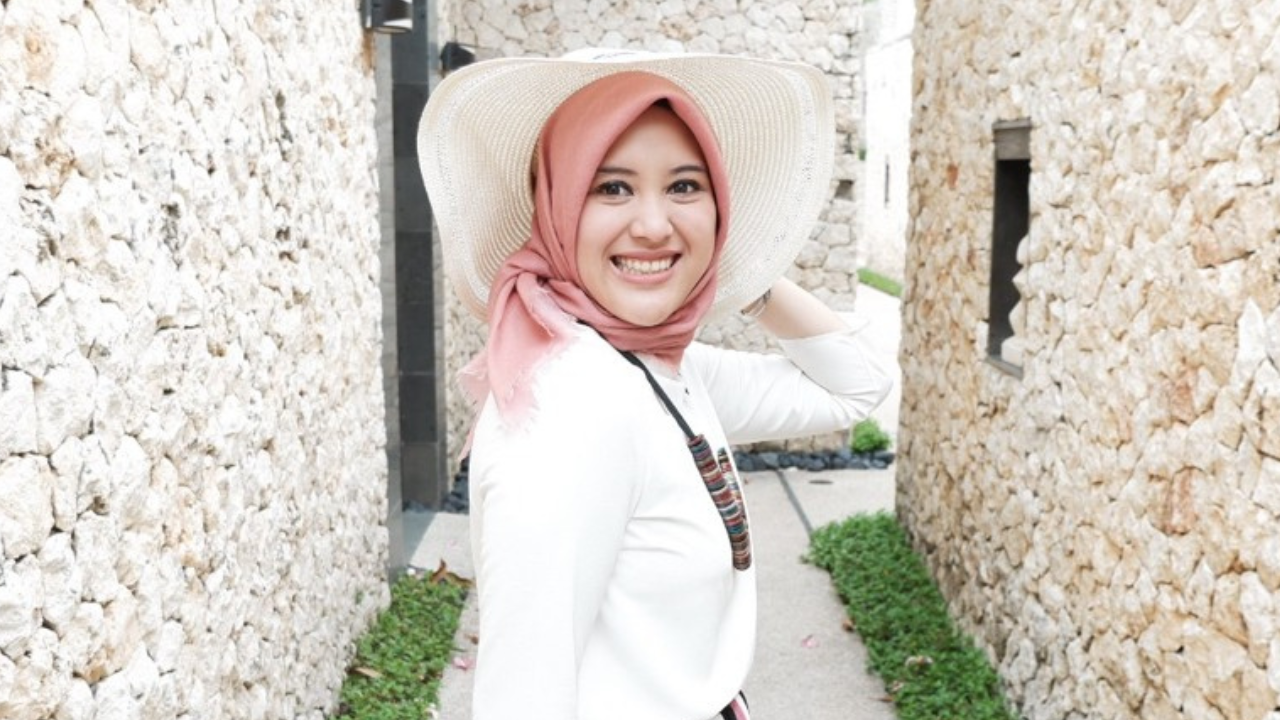Arinda Mentari Putri, Certified Financial Planner, said that sharia financial planning is an extension of the economic value of time. Unlike conventional economics, which considers the return on money, the economic value of time considers the return on capital.
Return on capital will depend on the type of business. The ratio calculation (profit sharing) is determined at the beginning using the projected return. If the final result (actual) is different from the projected return, the actual number is used.
Arinda explained this sharia financial planning while presenting at the workshop Sharia Finance Business Center (CIBF) at SBM ITB. According to Arinda, in investing in sharia, four aspects need to be considered: sharia, intentions, benefits, and people. Several sharia instruments are in circulation, including gold, sharia banking products, sharia mutual funds, sharia stocks, Sukuk, sharia fintech, property, and business. “Sometimes people invest only according to what they want, without understanding the risk profile according to their abilities. The risk profile is important because it will consider what type of investment to take,” said Arinda.
Arinda filled in the workshop on the second day. Another speaker for the second day of the event was Financial Planner Financialku, Harruka Joddy P, who discussed zakat, infaq, shodaqoh, and waqf (ZISWAF) and the science of inheritance.
“ZISWAF planning helps us to stay on track regarding financial use. With ZISWAF, we not only sanctify wealth and practice sincerity but also distribute wealth, increase people’s purchasing power and consumption, drive the economy and provide social protection,” said Joddy.
According to Joddy, zakat fitrah is commonly carried out by Muslims. However, people sometimes forgotten zakat mal. Zakat mal consists of gold and silver, trade, livestock, agriculture, income, and investment.
Whereas in terms of inheritance, there are several conditions in Islamic inheritance: the death of the heir, the life of the heir, and the cause of kinship. While the causes of Islamic inheritance are marriage, bloodline relations, and freeing slaves.
Oktofa Yudha Sudrajad, the Director of CIBF ITB, in the closing remarks of the workshop, said, “We want to try a workshop that is aimed at sharing and practicing operationally. How sharia investment, zakat, and inheritance are an integral part,” said Oktoga. He added “Hopefully, this activity can give a new color and benefit the people. This is the initial initiation, and I want to continue this in the future. We give a true picture of Islam, both financially and socially, so it is balanced. Thank you very much; I hope we can be consistent (istiqamah).”





